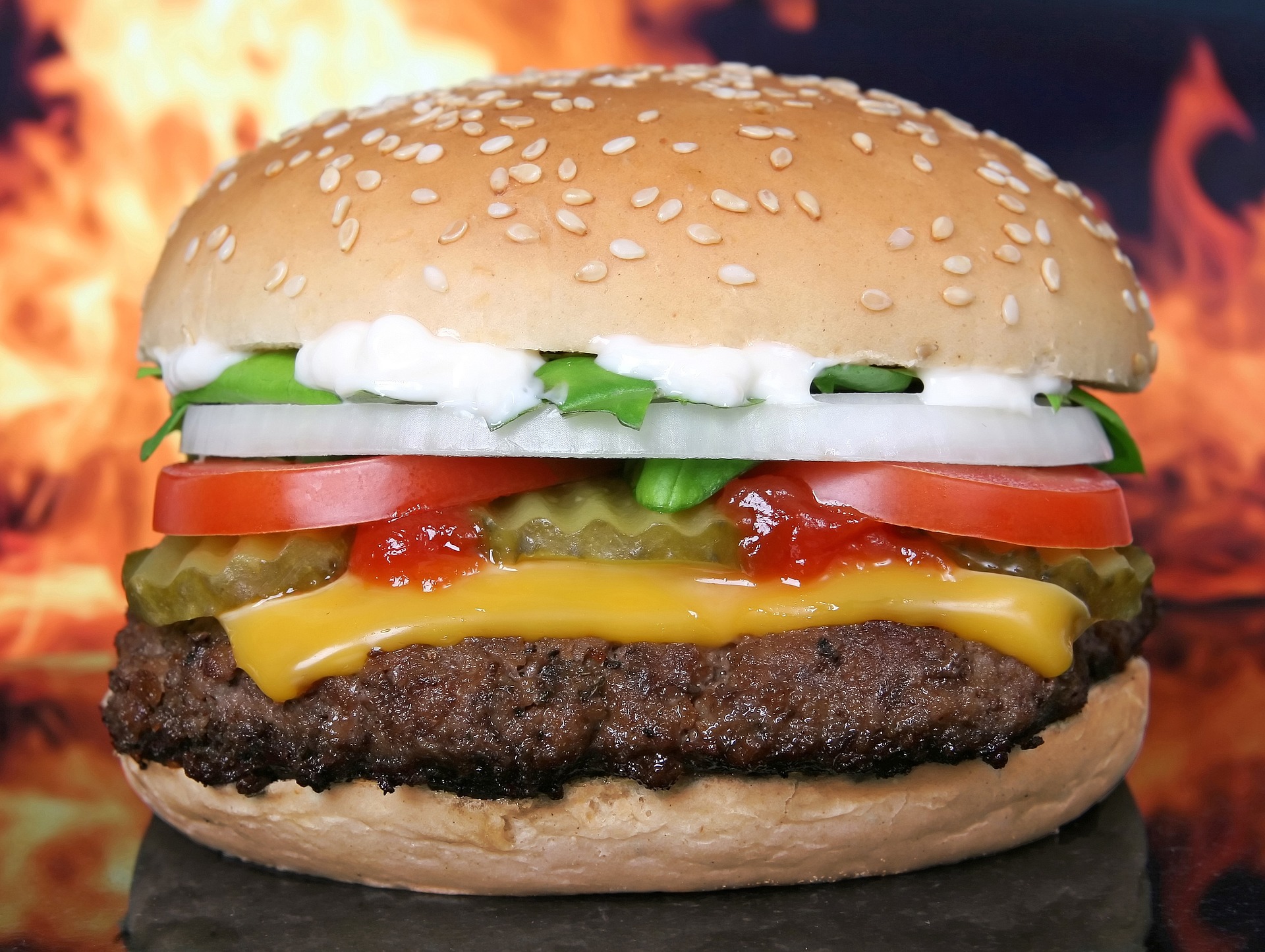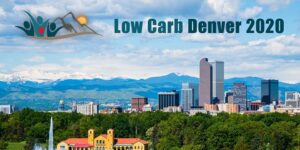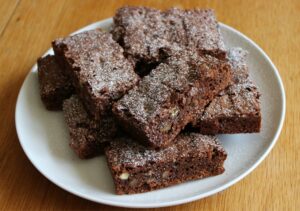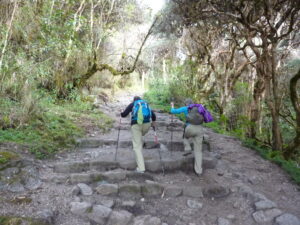As part of closing Primal RD and moving all my “eggs into one basket” over here on the PBM webpage, I have been saving some of my old blog posts from that site before closing it down. This was one. So if you feel like you have read it before somewhere, it’s possible that you have. But I like the message and it bears repeating… GRATITUDE!
So, here goes…
It has been months since I wrote a blog post, so it was on my to-do list today to get some new content up here. And just this morning, a topic presented itself to me as I was cruising Facebook. Interesting because it was an extended debate about why vegetarians or vegans like to eat “meaty” tasting foods when they eschew meat itself. This was brought about by the introduction of a veggie burger at A&W. The interesting thing for me was that everyone in the debate was very young, in their 20’s for the most part. There were several vegan contributors and one dairy farmer, among others.
The vegetarian response to the original poster’s query was that most vegetarians choose not to eat animals for either ethical or health reasons, but that they still love the taste of meat, particularly burgers, as they are such a big part of our culture. Many also cite the environmental impact of raising commodity animals, particularly beef – pollution, methane production, etc.
The dairy farmer’s daughter, also in her early 20’s, countered with her life experience, explaining how most farmers treat their animals with great care for their welfare.
Here was my reply:
“When you look at the world from an evolutionary perspective, all life evolved eating other living creatures, whether animal or plant. Humans are omnivores – a big part of why we grew the huge brains that we did and became the dominant species on the planet. Industrial-scale agriculture, whether animal based (feedlots) or plant-based (chemically supported monoculture) is destructive to the environment. It’s about HOW we create our food supply… Using the circle of pastured animals, producing manure for fertilizing farmer’s fields to create crops that feed both animals and humans, is much more in tune with nature. Being a selective consumer – purchasing locally produced food, preferably pastured, is a much more “environmentally” sound choice than buying cheap feedlot-produced meats. Treating animals with respect, killing them humanely, eating them with gratitude. We seem to have forgotten these basic human skills…”
Most ancient cultures have a tradition of giving thanks for the food that they hunt, raise or grow. I have read my whole life about the ritual of hunting an animal and immediately after killing it, stopping for a prayer of gratitude for the life of the animal, given up so that the hunter and his community can eat. North American natives, African natives, European early peoples, right up until the last hundred years or so. I still feel the need to practice this when I am required to dispatch one of my chickens, although I do not eat my own birds (they are scrawny girls, bred for egg production, not meat). Also, witness the worldwide ancient practice of giving thanks for the harvest, another example of our intimate connection to our food production.
You know that expression that “Revenge is a dish best served cold”? Well, how about “Gratitude is the secret sauce that makes all food taste better“? Because it really is… Eating food that has been raised or grown and prepared respectfully, consumed mindfully and with gratitude, nourishes both body and soul. Stuffing our faces with mass-produced “food-like” substances, mindlessly chewing and swallowing “calories”, does not nourish either body or soul. In fact, it makes us sick.
It’s not a black and white situation. It’s the HOW of agriculture, animal husbandry, food preparation and eating that matters. Get the HOW right.



